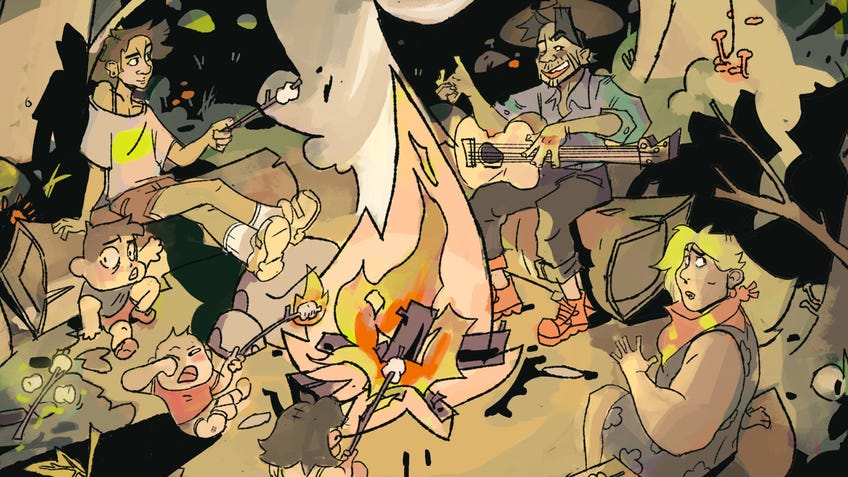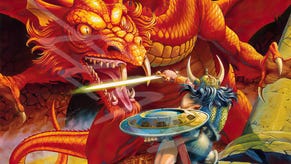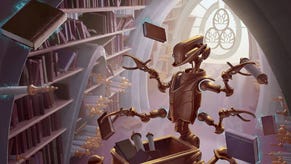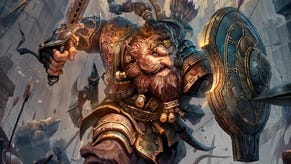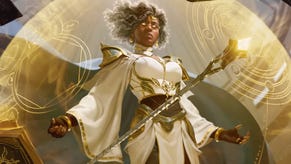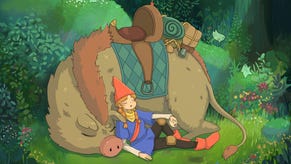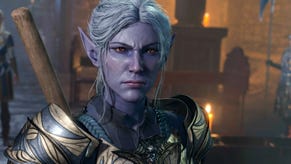Playing only trans characters in tabletop RPGs helped me understand myself
Cisgender people tend to exclusively play cis characters in games such as D&D, so what’s wrong with me only playing transgender characters?
In a one-liner that didn’t land quite as well I’d hoped in the Zoom seminar, I described my two main hobbies as “playing Dungeons & Dragons and being transgender”. I’ve been actively doing both for a while now, following experimentation in my teens, have spent a fair bit of money on each and talking about them when meeting someone new is a good litmus test for what our relationship will be moving forward.
These two spheres didn’t overlap in my life until recently - aside from a blip at 16 when my DM told me about a cursed D&D item that changes a character’s gender and I thought about it non-stop for two months. It took more than half a decade of playing - and actually coming out as a trans woman - for me to realise those two sides of my life could crossover. And even on purpose.
Last year, I was watching an actual play show when one player’s intro referenced their character’s recent top surgery. I was floored.
“You can be trans in this game?!”
It was an epiphany via internet video. I quickly put the lesson to the test. I was invited to a Call of Cthulhu game set in 1930s England and created Phineas Melph, a nervous but kind-hearted priest, who hid his identity as a transgender man from the townsfolk.
Even though it was only a three-shot, I found myself connecting to Phineas more than I had any of my previous tabletop roleplaying game characters. I felt so much more invested in the game itself just by virtue of seeing myself in Phineas in a way I hadn’t any other character. It was rewarding to explore this side of my identity.
Some players will be interested in exploring a more realistic treatment of non-cis identities, others will want escapism. Both are valid approaches.
In situations like this, the conversation between GM and player about what level of historical transphobia we’re comfortable with is vital. Some will be interested in exploring a more realistic treatment of non-cis identities, others will want escapism. Both are valid approaches.
It felt like something finally clicked. I unlocked what I’d been missing playing tabletop roleplaying games prior.
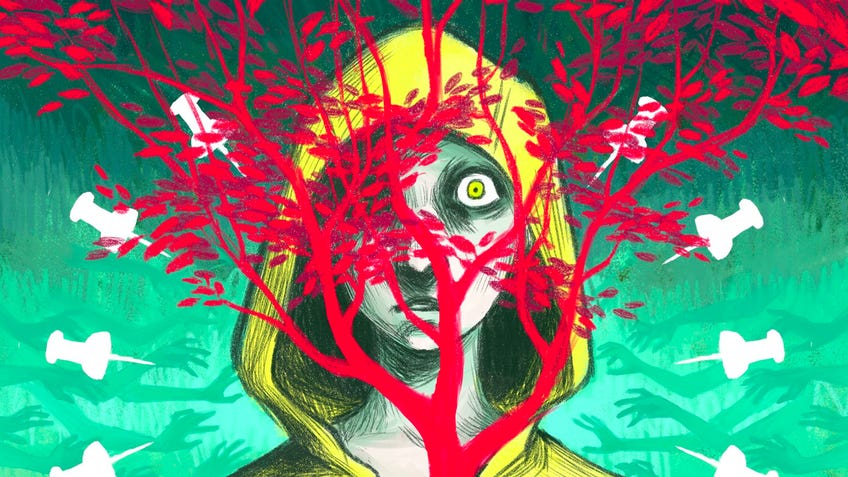
In fact, it was too rewarding. Rather pretentiously, I made a declaration: cisgender people tend to exclusively play cisgender TRPG characters, so what was wrong with me only playing transgender characters?
The characters I’ve made since this decision have felt so much more real and three-dimensional right from the get-go. The reason Father Melph ran from his home and set up a discrete life in a small village was to escape transphobia, something I have and do experience in my day-to-day life (although to a different extent). The appearance-obsessed Bethany - a head-cheerleader bard made for a modern-day D&D campaign - made sense to me in a way a cis alternative wouldn’t have when I aligned her vanity with a compulsive need to be deemed attractive and feminine in order to feel valid and accepted as a woman within a cis-normative and patriarchal society (a need I myself felt early on in my own transition).
Above that, creating characters that interrogate the concept of gender has been a brilliant experience. I currently play a character without any understanding of gender who changes pronouns to match those of the person they’re talking to. It’s not an experience of gender that matches my own, but the chance to explore and embody it has been wonderful.
Games like Jay Dragon’s Sleepaway, which offers gender options such as “a rusted blade” and “freight train”, furthered not only my enjoyment of tabletop roleplaying games, but my understanding of gender and gender presentation. If my character’s gender is described as “a robin” how does she go about in the world? How does she present this gender? What does it mean to her?
It’s an experience I would recommend to anyone - even cisgender people who don’t believe they’ll get anything out of it, I promise you will. That’s the gift of TRPGs; they let you properly inhabit a different perspective. Gender identity aside, playing the devout Phineas while myself agnostic affected my view of religion and piety in ways I couldn’t have expected.
Letting myself guilt-free establish trans-ness and non-cis gender identities in the worlds I create has already made these worlds and communities feel rounded and whole and rich.
Given how much richer of a time I’ve had since making my ‘decree’, it stands to reason my GMing should be similarly altered. Letting myself guilt-free establish trans-ness and non-cis gender identities in the worlds I create, even in little ways - the minotaur bartender has top surgery scars, the chef uses they/them pronouns - has already made these worlds and communities feel rounded and whole and rich, especially to my regular party of predominantly Queer players who aren’t used to seeing themselves within fiction, least of all in fantasy.
Even without all of this, my decree also plays into something I still struggle with, even years after reckoning with my identity and coming out. There’s a difference between being transgender and wanting to be transgender. I started to worry that by using escapist fantasy to play cis characters, I was training myself to want to escape from my actual identity, as if there’s something wrong with it. I won’t pretend I haven’t wished for that escape before, but right now I want to like myself more, and this new approach to tabletop RPGs has really helped me. I think if I can have fun being a badass sorcerer, I can also have fun being someone like me.
